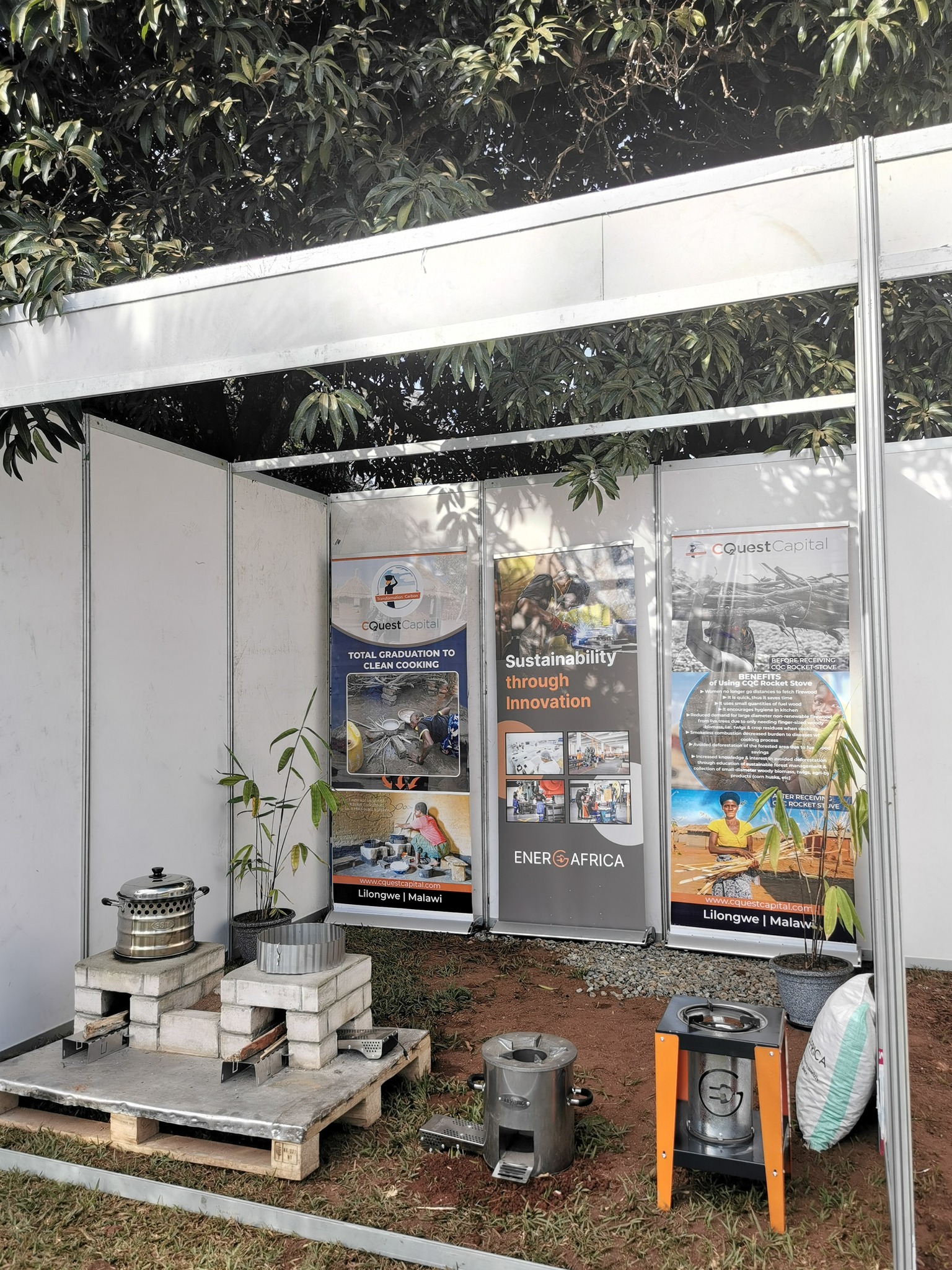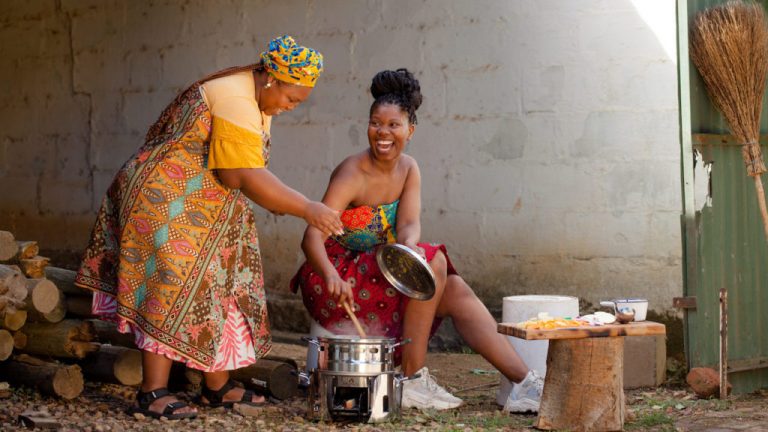In an effort to bolster sustainable cooking solutions, clean and renewable energy solutions company Ener-G-Africa (EGA) on Thursday, 9 May 2024, officially opened its new state-of-the-art biomass stove and cookware manufacturing factory in Paarl.
According to the recently released Clean Cooking Alliance Annual Report, four out of five individuals, predominantly women, in Africa continue to cook over open flames. The report asserts that this practice not only detrimentally affects health, gender equality, and the environment but also underscores the urgency for change.
The stainless steel factory, which uses only world-class South African-manufactured stainless steel, will produce two different types of stoves and two different ranges of cooking pots.
The two types are the Multi-Application Fuel Efficient Cooking System (Mafecs) and the Forced Air Biomass (Fab) stove, available as a single and double (two stove units in one frame) burner stove.
The new plant will be able to produce 120 Mafecs, 80 Fabs, and 70 double Fabs each day, reported Engineering News.
The Mafecs can be provided with different fuel-containing ‘inserts’, namely for wood, charcoal, gas or biomass pellets. Due to an inadequate supply of pellets in South Africa, EGA is initially prioritising wood fuel, with the use of alien trees in mind.
With the enclosed system using 65% less wood than an open fire and including specialised safety features to reduce risks of accidental scalding, Mafecs will greatly increase the safety of cooking in informal dwellings.
Read more: Innovative chef network aims to inspire culinary creativity and excellence in Stellenbosch

Pushing eco-friendly and sustainable cooking
The Fab stoves use eco-friendly biomass pellets as fuel and have solar panel-powered fans in their bases, which blow air through the base of the stove, providing them with very high energy efficiency and the ability to control the flame.
EGA’s two pot ranges are the SIZL pot and the eCO2pot. both ranges include a 2-litre capacity pan and 4-litre, 6-litre and 8-litre pots with short handles. According to Engineering News, daily production capacity will be 500 SIZL pots and 400 eCO2pots.
‘Our SIZL pots have three layers in their bases – a stainless steel layer, an aluminium layer, and another stainless steel layer,’ the publication quoted EGA business development manager Dave Lello as saying.
‘This protects the base and prevents the food burning, yet the pots are still low cost. They can be used with gas, electricity and induction stoves, as well as biomass, including open fires. Aluminium pots can’t be used on induction stoves.’
The eCO2pots are basically SIZL pots fitted with an integral skirt, reported the publication. The skirt captures the hot air created by the cooking process and causes it to rise up the side of the pot, so the pot’s side becomes part of its heating surface. This increases energy efficiency and cuts the amount of fuel needed by about 25%.
‘We have a “tools-and-fuel” model,’ explains Lello. EGA plans to start its own production of biomass fuel pellets, as well as seeking to stimulate greater output from other, existing producers.
This is the ideal fuel, because it can be made locally from agricultural wastes, including bagasse, rice stalks, maize stalks, peanut husks, and so on, and its production creates local jobs. It is also green, being sustainable and clean, involving very low carbon emissions in its production and distribution.
ALSO SEE: Smart technology and self-sustaining solutions will help South Africa in resolving its water crisis
Smart technology and self-sustaining solutions will help South Africa in resolving its water crisis
Picture: Ener-G-Africa
Article was originally written and published by for Cape {town} etc.

